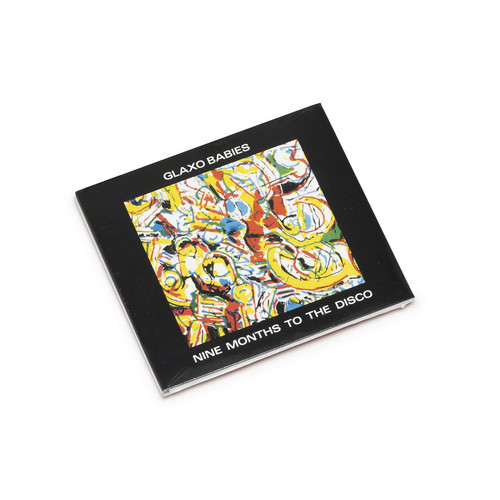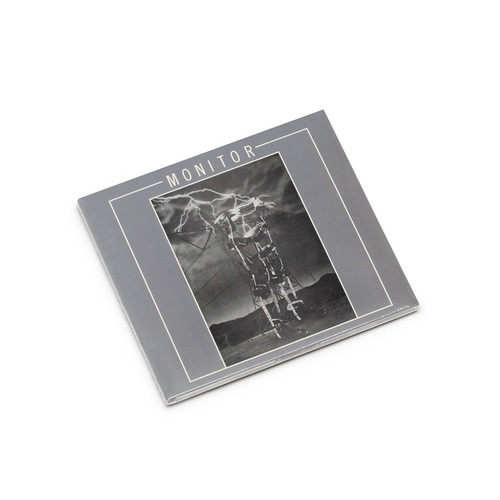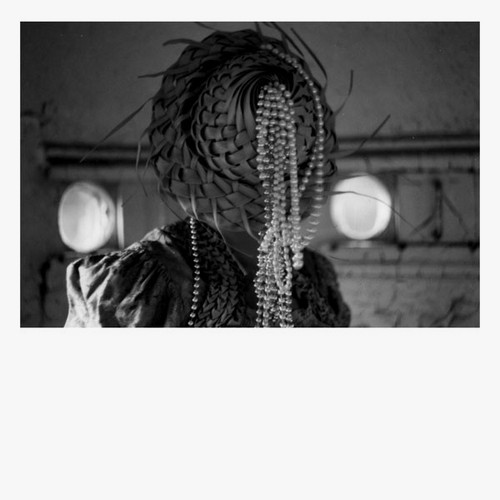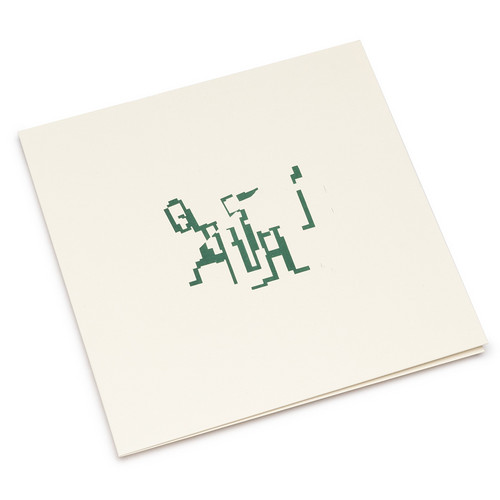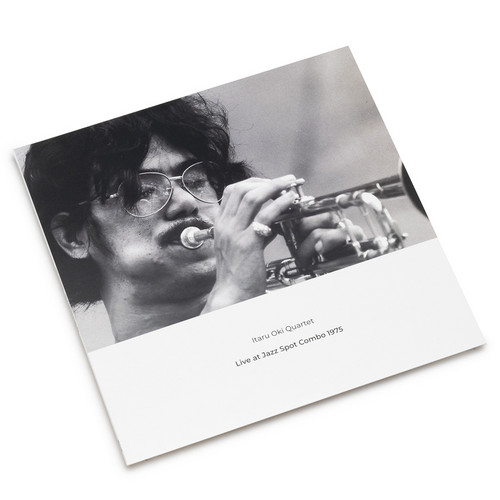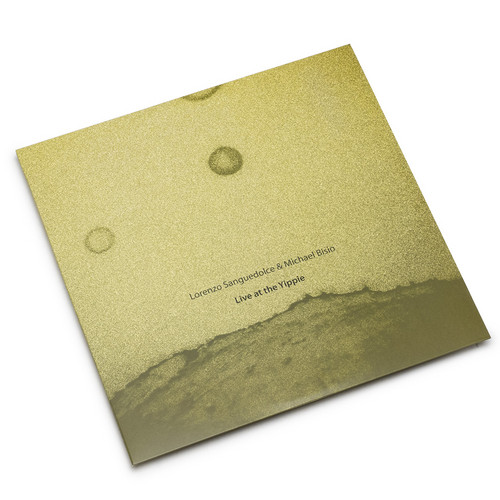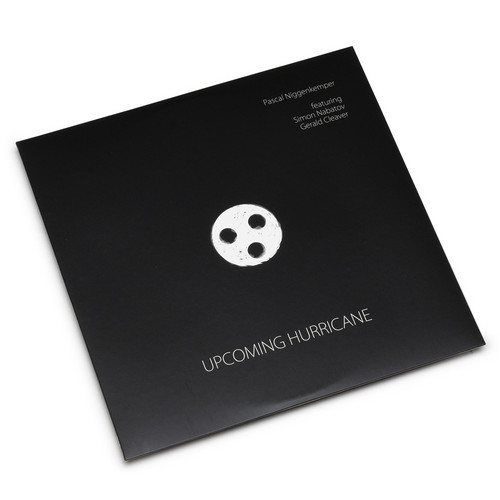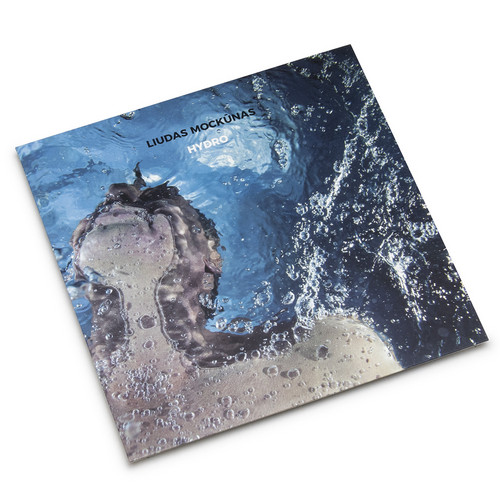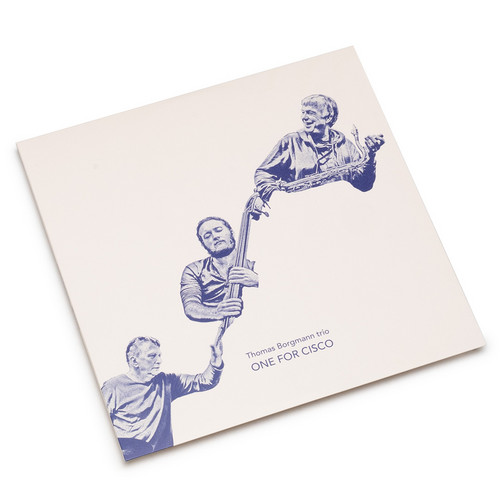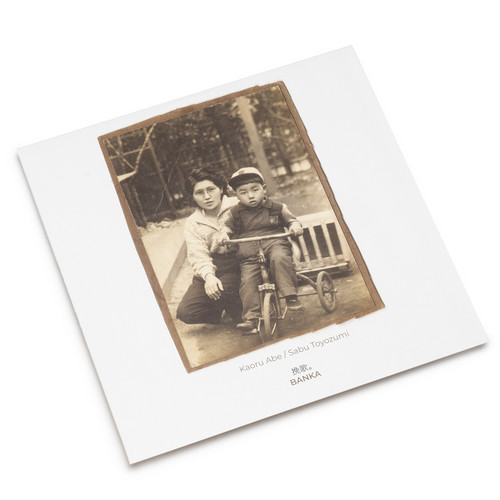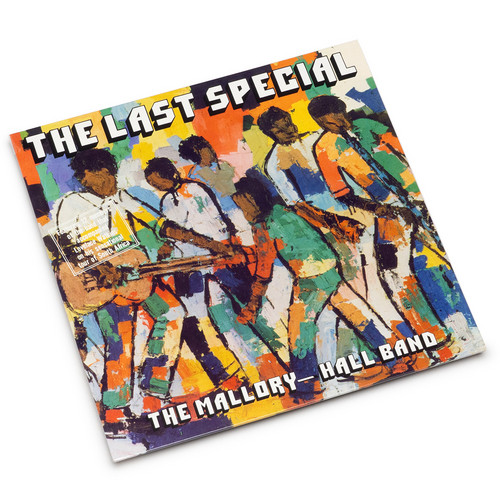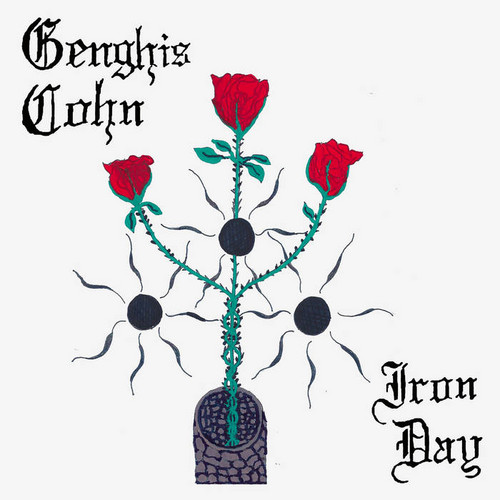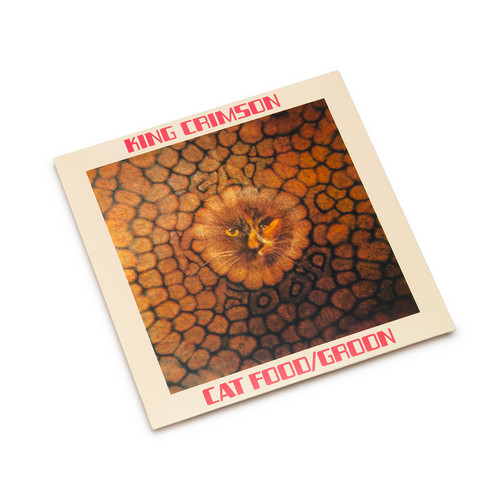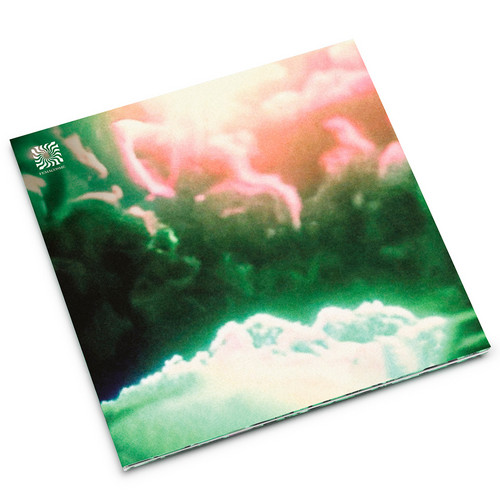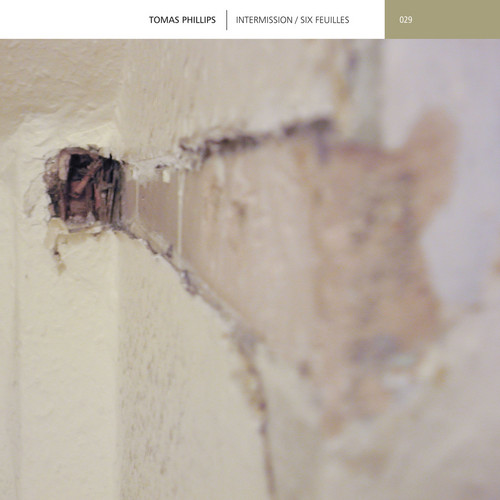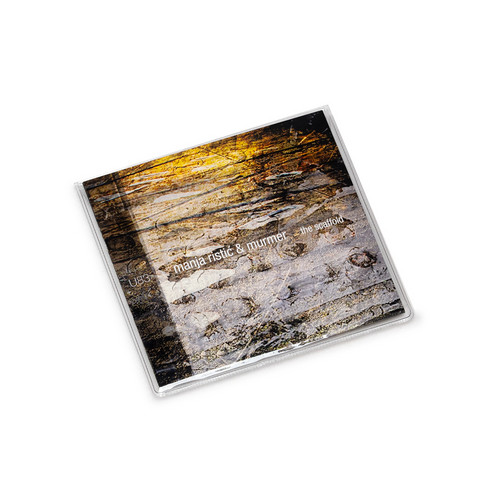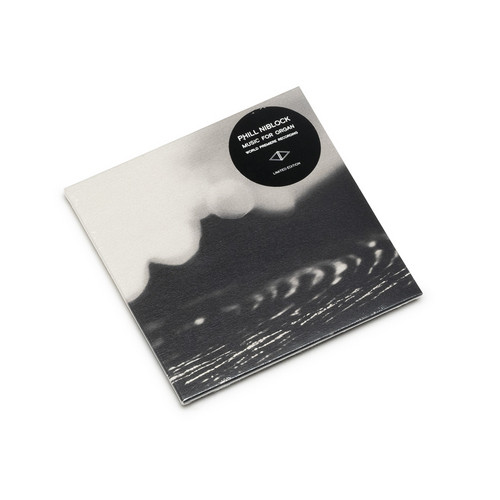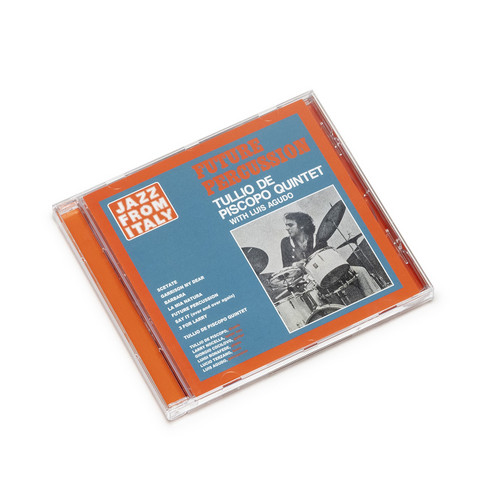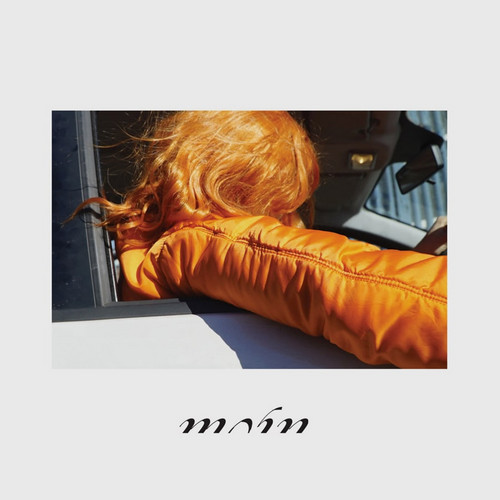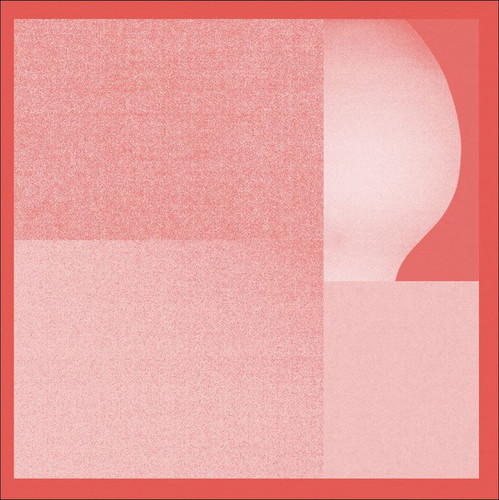Back in stock
Nine Months To The Disco
Temporary Super Offer! Digipack CD edition. The most impressive, but also the most overlooked of all the bands that lurched around the mutant extremes that trail through Gang of Four, the Mekons, and, ultimately, the Pop Group, the Glaxo Babies' debut album was actually cut following the collapse of the original band -- both vocalist/songwriter Rob Chapman and drummer Geoff Alsopp had departed, with saxophonist Tony Wrafter explaining the reason for the rift. "Rob was into songs and we weren't."…
Monitor
Temporary Super Offer! * CD version contains album tracks + "Beak b/w Pet Wedding" single and the Darker Skratcher comp track. * An errant project of suburban Los Angeles art collective World Imitation Productions, Monitor was the sonic outlet of four young artists grappling with their terror and amazement in the convergence of the late 1970s punk scene and Southern California's consumerist decadence.
As with the collective's visual artwork and events, Monitor blends archaic influences with mode…
Mermaids
** Edition of 250 copies ** Mermaids includes four tracks composed and recorded in early 2013. The concepts of the work are built around freedom - expressed by the use of the audio glitch - and unity framed in metaphors of water and transformation. All sound sources are mostly from the human voice. Jo Thomas is a London-based composer teaching sound design, composition and music technology at the University of East London. Her compositional work is primarily focused on the use of human voice, mi…
Quasai
Building on a suite of incredible releases over the few years, Les Giants delivers "Quasai”, the debut LP from Francesco Fonassi, a deeply psychological exploration of the potential of synthesis to affect a state of being or mind. Recorded at EMS Stockholm on a Buchla 200. Presenting a realm of sonority that might be described as off-kilter sci-fi tribalism, it’s nothing short of a fantastic debut by an artist that’s been catching our attention for a number of years, and yet another triumph from…
Live at Jazz Spot Combo 1975
NoBusiness Records presents Live at Jazz Spot Combo 1975 by Itaru Oki Quartet. Improvised and composed by Itaru Oki, Yoshiaki Fujikawa, Keiki Midorikawa and Hozumi Tanaka. "Although arriving from a dissimilar tradition, free-form experiments were common in 1960s Japan with several avant-garde ensembles throughout the country. One player who tried for more international renown was trumpeter Itaru Oki (1941-2020). He relocated to France in 1974 and was soon playing with locals. Occasionally he ret…
Live at the Yippie
Live At The Yippie is part of a performance by tenor saxophonist Lorenzo Sanguedolce and bassist Michael Bisio, with two tracks clocking right under 20 minutes each, the regular time constraint of a vinyl LP. Sanguedolce is possibly best known, if at all, from his Sweetblood Quintet, a name which is the English translation of his Italian family name. The first piece, "'Stract (part 1), brings a lyrical, free boppish improvisation with bluesy inclinations, quite accessible overall, all within th…
Upcoming Hurricane
"I was already familiar with Pascal Niggenkemper's work as a result of the release, Klippe by Thomas Heberer, early this summer and a superb trio with Robin Verheyen and Tyshawn Sorey, PN Trio. So this was always going to be an exciting adventure to see what his new trio would put forth. And the new album, Upcoming Hurricane, pretty much says it all. This is a heavy storm of sound that comes on quietly but resonates brightly over 60+ minutes. Clean, open and improvised, Niggenkemper is a brillia…
Hydro
300 copies. Devoting most of his time to performing with various international groups, Liudas Mockunas is hailed as an ambassador of Lithuanian jazz. He is a multi-reeds player and composer, whose name stands for masterly performance and intriguing compositions. His 'natural' idiom is an explosive mixture of free jazz, lyricism and expressionism combined with highly unconventional performance techniques. His in-depth exploration of the properties of sound and possibilities of harmonic series lea…
One For Cisco
This limited edition LP documents a collectively birthed exploration spread across the two sides by the visiting German pair of reedman Thomas Borgmann and long time associate drummer Willi Kellers, who team up with NYC bassist Max Johnson. The concert took place as part of the New York Tenor Saxophone Festival at Ibeam in 2015 organized by Cisco Bradley of Jazz Right Now fame, hence the title. The trio constitutes a favored format for Borgmann. He's helmed two killer outfits in the past, firstl…
Banka
Edition of 300 copies. Japanese free/jazz sax legend, Kaoru Abe, dies at the age of only 29 in 1978, living a fast and crazy life and dieing of a drug overdose. His entire music career was only 10 years, from 1968 to 1978. In that short period, he was well recorded with around 30 releases, ten of which are solo sax efforts, duos with guitarist Masayuki Takayanagi, bassist Motoharu Yoshizawa and drummer Sabu Toyozumi. Mr. Abe also toured and recorded with Milford Graves, Derek Bailey and Toshinor…
The Last Special
*2024 stock* Outernational Sounds very proudly presents The Mallory-Hall Band "Song of Soweto" & "The Last Special". Limited, fully licensed digital and vinyl reissues of two crucial South African sessions led by Charles Mallory and Al Hall, Jnr., featuring Kirk Lightsey, Marshall Royal, Rudolph Johnson, Billy Brooks and more! Essential companion pieces to Kirk Lightsey’s legendary ‘Habiba’.
Never released outside South Africa, and out of print since 1974, Outernational Sounds presents two long…
Iron Day
North London’s midnight man tumbles out his treehouse to deliver twelve potions of minor healing in “Iron Day”, his questing, soul-salvaging songbook. Brimming with majesty and maraud in equal parts, Genghis Cohn synthesises trad. English folk and woe with surrealist dream sequences on this debut long-player. A romance of two hedgehogs, devotional bone temples, broken shadows and sausage kings, GC conjures a grand slab of folk music that, in a warmly recognisable form, challenges its ancient rew…
Cat Food / Groon (10") - 50th Anniversary Edition
Released on 10" vinyl in a picture sleeve replica of the original 7" art, 50 years on. Artwork derived from Peter Sinfield's original 7" sleeve art. Even by the frequently, if unintentionally, bizarre history of the UK's premier chart television show 'Top of the Pops' there are few less likely performances than that of a temporary line-up of King Crimson miming to the band's early 1970 single release 'Cat Food'. The band's first (& only) - isolated from album release - foray into the fickle worl…
Rue des Garderies
Tip! Outsider ambient soundscape by two musicians from the Paris alternative : Désiré Bonaventure & Zach. An enchanted yet psychedelic dream-like ballad recorded in one take in an ephemeral delirium; borrowing from dub, drone, IDM & techno, reflecting singular inter-worlds and inviting us to join them. Rue des Garderies is a distillate produced by the spontaneous collaboration of Désiré Bonaventure and Zach, two musicians evolving in the Parisian alternative scenes and so named in homage to a fo…
The Scaffold
*165 copies limited edition* "The first person to contact me for collaboration back in the Spring of 2020 was Patrick. I was living with a sensitive child and a big dog in a small rented apartment in Belgrade when ridiculously harsh and oppressive curfews were forced upon us by the Serbian government. It is really hard to explain to anyone the situation I found myself in without acknowledging that it sounds like a dystopian SF. Only a few details to picture the reality – I had to risk getting ar…
Music For Organ
**Digipack CD edition. Deluxe Cardboard & printed innersleeve** The last year of so has proved to be an incredible period for Phill Niblock. We’ve witnessed the emergence of long awaited reissues of his two first seminal albums, Niblock For Celli / Celli Plays Niblock, and Nothin To Look At Just A Record, as well as the fantastic disc, Music For Cello, and Niblock / Lamb, the split of works by the composer and Catherine Lamb, masterfully executed by Ensemble neoN. Now we’re overjoyed to offer ye…
Future Percussion
CD Edition. A lost bit of 70s Italian modal jazz, with spiritual overtones and global percussion from drummer extraordinaire Tullio De Piscopo – an incredible set of heavily rhythmic grooves recorded in Milan in 1978 – originally a tiny edition effort on Carosello Records, and the most impressive rediscovery yet from New Platform! For the occasion, the Tullio De Piscopo Quintet meets Argentine percussionist Luis Agudo, who played for years alongside Brazilian guitarist Baden Powell and later w…
Paste
‘Paste’ is the new album by Moin (Joe Andrews, Tom Halstead & Valentina Magaletti) due for release on the 28th October 2022 via AD 93. The follow up to their well received debut album ‘Moot!’, the record draws influences from alternative guitar music in its many forms, using electronic manipulations and sampling techniques to redefine it's context, not settling on any one style but moving through them in search of new connections. By exploring these relationships, Moin delivers another collage…
LP1 (CD)
LP1 is the debut edition from London based artist Mirko Vogel. Recorded across almost three years, the record is a sprawling mass of ambient texture, remote harmony and uneasy pulse. Initially born out of extended periods of intense touring with Cut Copy, the earliest recordings were an antidote to the nature of repetition on the road. In the blur of travel, Mirko found a particular pleasure in an attempt to slow or pause time through sound. Moments of this hazy slowness have lingered and found …
